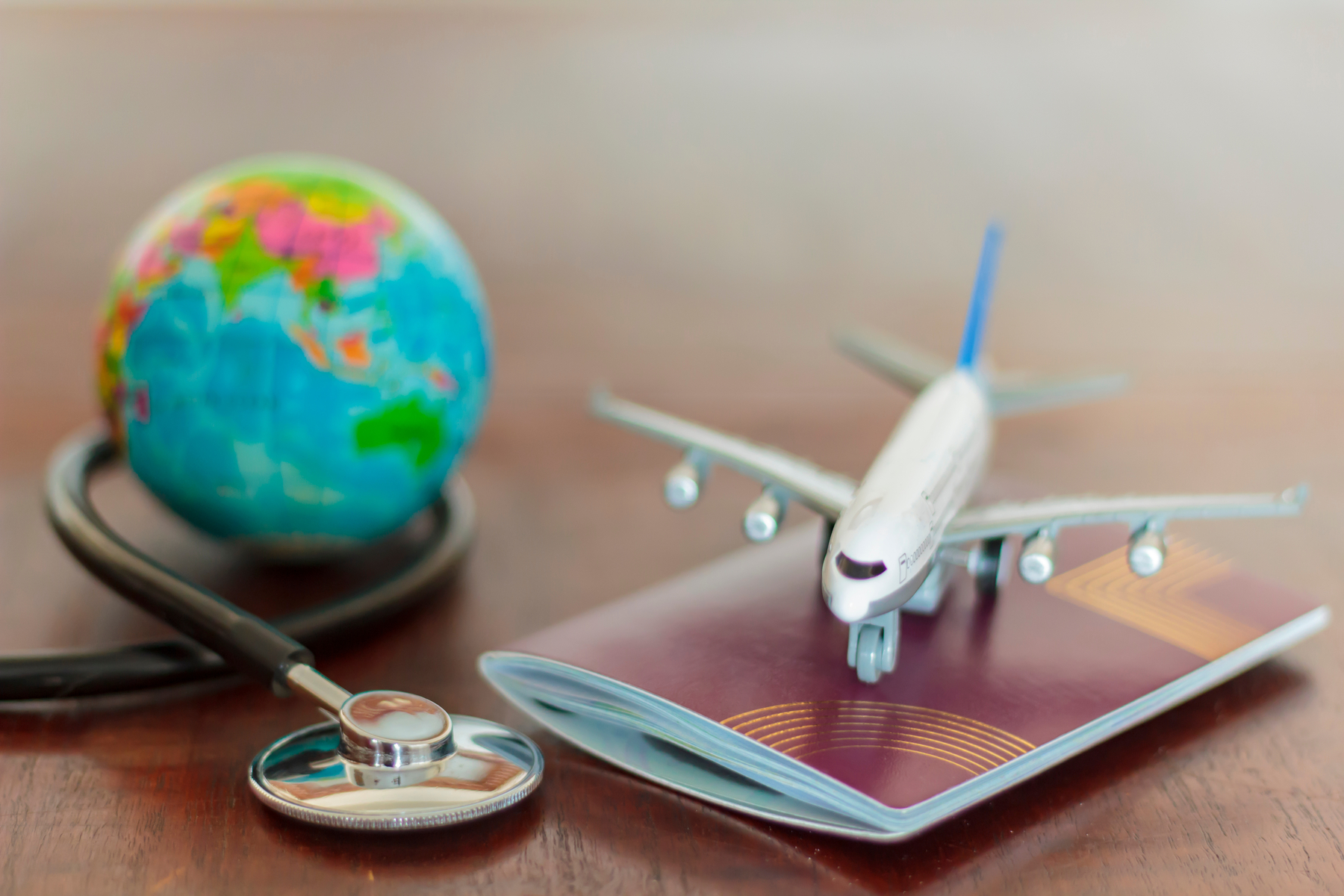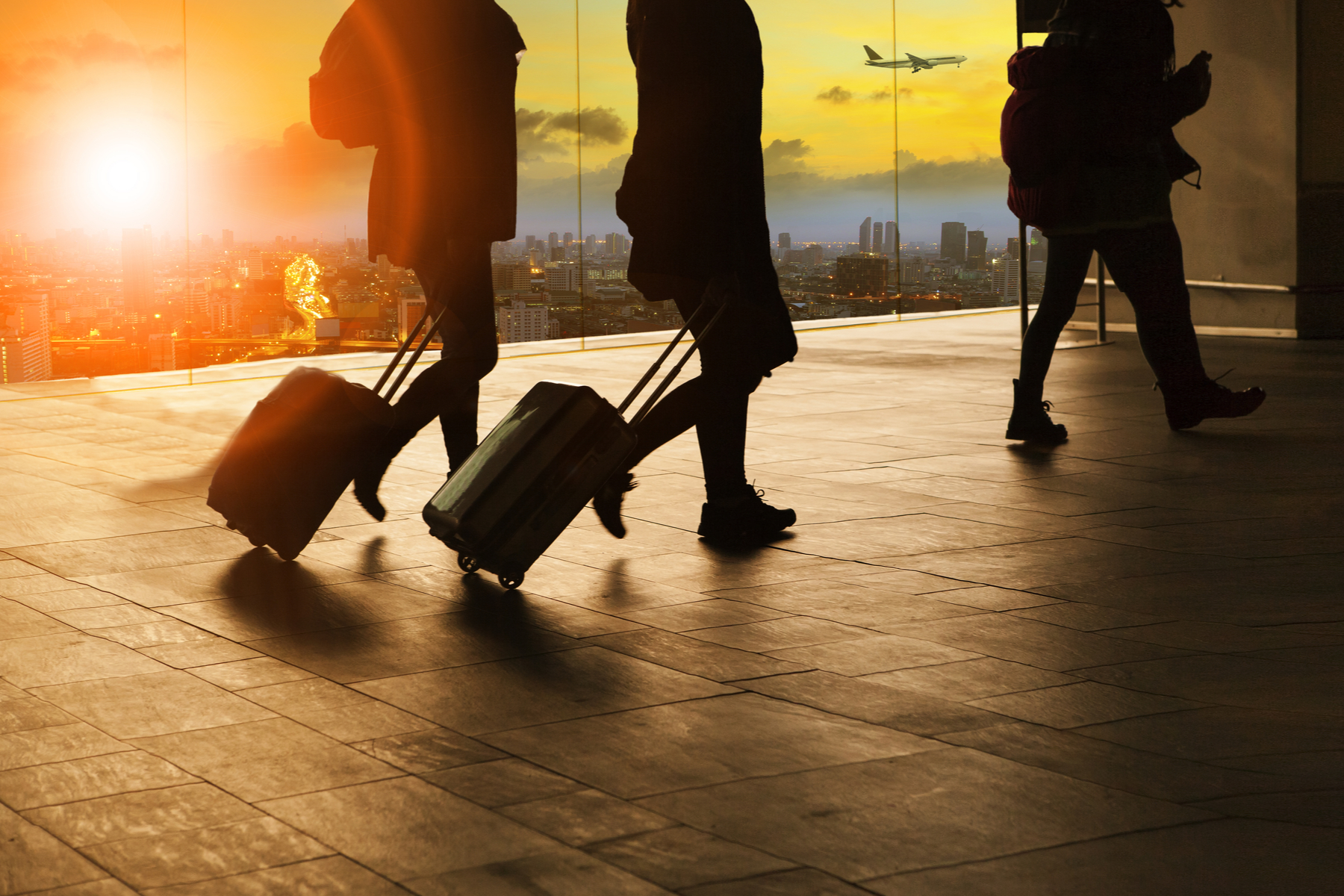Facilitating reopening of borders: Digital ‘health passport’ trials under way from this week

Under plans for a global framework for COVID-safe air travel, a new digital ‘health passport’ is being piloted by a small number of passengers flying from the UK to the US for the first time this week. The CommonPass system, backed by the World Economic Forum (WEF), is designed to create a common international standard for passengers to demonstrate they do not have coronavirus.
However, critics of similar schemes point to concerns over the sensitivity and specificity of the tests in various countries amid fears over greater monitoring over people’s movements.
Paul Meyer, CEO at the Commons Project, which was given startup funding by the Rockefeller Foundation two years ago and created the digital health pass, said countries that have closed borders and imposed quarantines are looking for ways to ‘thoughtfully reopen’ their borders.
“It’s hard to do that. It requires being able to assess the health of incoming travellers. Hopefully, we’ll soon start to see some vaccines come on to the market but there is not going to be just one vaccine. Some countries are going to probably say, ‘OK, I want to see documentation you’ve got one of these vaccines but not one of those vaccines.”

Pointing to existing requirements in a number of countries, notably paper-based evidence of a yellow fever vaccination, Meyer said similar proof – held digitally – for coronavirus could soon be required to travel for the foreseeable future.
The trial will apply for passengers flying from Heathrow to Newark, US, on a United Airlines flight on 21 October. Tests from the private testing company Prenetics will be administered by the travel and medical services firm Collinson in Covid-19 testing facilities set up with Swissport. It follows a pilot by Cathay Pacific on flights between Hong Kong and Singapore.
CommonPass confirms a traveller’s compliance with US border requirements after a test at the London airport up to 72 hours before travel along with the completion of a health screening questionnaire. A QR code that can be scanned by airline staff and border officials is then produced in the event of a negative test.


Comments are closed.